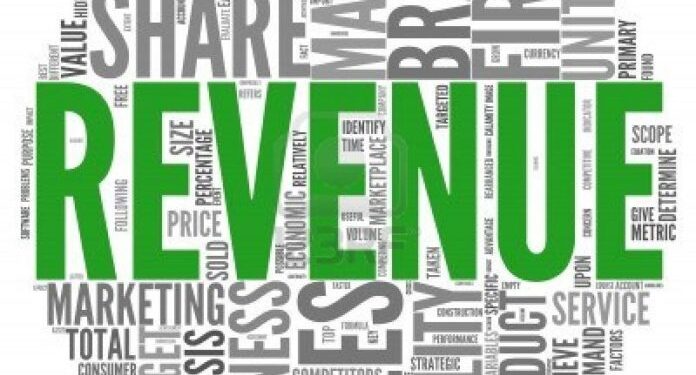In the first seven months of 2024, three major revenue-generating agencies in Nigeria deducted a total of N533.11 billion as costs of revenue collection, according to reports from the Federation Accounts Allocation Committee published by the National Bureau of Statistics. This figure marks a staggering 99.85% increase from the N266.75 billion recorded during the same period in 2023.
The agencies involved are the Nigeria Customs Service (NCS), the Federal Inland Revenue Service (FIRS), and the Nigerian Upstream Petroleum Regulatory Commission (NUPRC). The FIRS and NUPRC each deducted about 4% of their costs, while the NCS received 7%. These costs are subtracted at the monthly FAAC meetings before revenues are shared among the three tiers of government and other statutory recipients.
Among the three agencies, the FIRS accounted for the largest share of the collection costs, totaling N254.82 billion or 47.8% of the combined total. This figure represents a 61.55% increase from N157.73 billion in 2023. Notably, January 2024 saw FIRS collecting N43.35 billion, a significant rise from N18.14 billion in January 2023, with July 2024 witnessing the highest deduction at N55.13 billion, reflecting a slight increase over the previous year.
The NCS followed as the second-largest recipient, deducting N147.64 billion, approximately 27.7% of the total. This increase of 114.49% from N68.86 billion in the same period of 2023 underscores the agency’s essential role in managing customs duties and excise collections from imports and exports, likely driven by heightened import duty activities.
The NUPRC deducted N130.64 billion, accounting for about 24.5% of the total. This sharp increase of 225.33% from N40.16 billion in 2023 highlights the NUPRC’s vital function in regulating Nigeria’s upstream oil and gas sector.
A detailed monthly breakdown indicates a significant rise in collection costs throughout 2024, with January reaching N78.30 billion (up 129.98% from N34.05 billion in 2023), February at N66.46 billion (142.03% increase), and March at N69.54 billion (121.79% rise). April’s collections remained steady, while May saw a boost to N80.52 billion (159.09% increase). By June, the total cost of collections hit N76.65 billion (100.47% increase), with July recording the highest total of N92.11 billion, marking a 25.85% increase from July 2023.
While the surge may reflect intensified regulatory activities, it also raises concerns about inflation and naira devaluation, which could be inflating tax revenues. The rising costs have prompted state finance commissioners to call for a review of the revenue collection arrangement.
A recent Agora Policy report highlighted concerns that the high cost of collection disproportionately impacts states already facing numerous challenges. During a consultation in Abuja, the Presidential Fiscal and Tax Reforms Committee, led by Taiwo Oyedele, recommended reducing the cost of revenue collection to 1%, aligning with global best practices. Oyedele criticized the current collection costs, which range from 4% to 35%, as unacceptable.
Economist Sheriffdeen Tella from Olabisi Onabanjo University noted that collection costs stem from operational expenses but emphasized that an audited account is essential for assessing the accuracy of the current charges. He stated, “The usage of technology is one of the ways used to collect revenue and that is also part of the costs. However, without an audit, it’s difficult to ascertain the exact amounts spent.”
Another anonymous economist echoed these sentiments, explaining that the cost of the collection reflects the agencies’ operational expenditures, including manpower and technology. “These agencies have substantial overhead costs, so a significant portion of the amount generated through collection goes towards covering their operational expenses,” the expert noted. As Nigeria grapples with rising costs and the implications for its economy, the call for reforming the revenue collection process has gained momentum, emphasizing the need for efficiency and transparency to support the nation’s MSMEs and broader economic growth.










